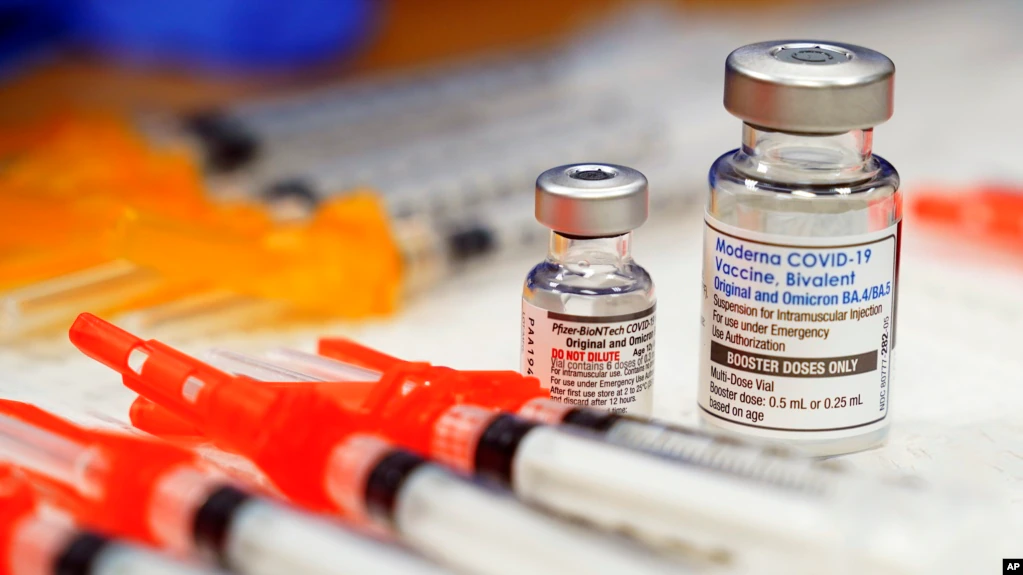
The current guideline for maintaining proper hydration during your workout involves drinking water when you feel thirsty.
However, these instructions can sometimes be unclear, especially since many of us attempt to quench our thirst with food rather than water. Therefore, nutrition experts suggest consuming half your body weight in ounces of water each day. For instance, if you weigh 150 pounds, aim for a daily intake of 75 ounces of water. Increase your consumption on hotter days or when you notice salt streaks on your skin after a run.
How can you determine if you’re adequately hydrating? The color of your urine provides a clue. Pale lemonade-like color indicates sufficient hydration. Clear urine suggests overhydration, while urine resembling apple juice signifies the need to drink more. Here’s another approach: Weigh yourself without clothes before and after your run. Keep a record of the fluids you consume during the run and add it to the weight you’ve lost. For every pound of body weight you shed, consume an additional 16 ounces of fluids.
What if water alone isn’t enough? Sometimes, your body requires nutrients found in sports drinks, such as electrolytes (sodium and potassium) needed for proper nerve and muscle function, which are lost through sweat, and carbohydrates for energy. Consider opting for a sports drink when:
You engage in workouts lasting more than an hour. For runs lasting an hour or longer, replenish with 30 to 60 grams of carbohydrates per hour. If eating during exercise upsets your stomach, sports drinks provide a convenient alternative.
Conditions are hot and humid. Sweating leads to electrolyte loss. Sports drinks aid in restoring electrolyte balance and retaining fluids, facilitating uninterrupted running.
You notice salt streaks on your skin. White streaks post-run indicate significant sodium loss through sweat. Alongside sodium, you may have also lost potassium, magnesium, and calcium. Sports drinks help in replenishing these vital nutrients.
You’re performing two workouts in quick succession. If you’re engaging in two workouts within a 15-hour timeframe or doubling up on exercises in a day, rehydration becomes crucial to powering through the subsequent session. Complete rehydration involves replenishing both fluid and electrolyte losses. After your run, consume 24 ounces of fluid for each pound of weight lost. If you’re consuming salty solid foods, water suffices. Opt for a protein shake with electrolytes if you want protein, carbs, and fluids for recovery. However, if your schedule doesn’t permit digestion before the next workout and you can only handle fluids, grab a sports drink.



